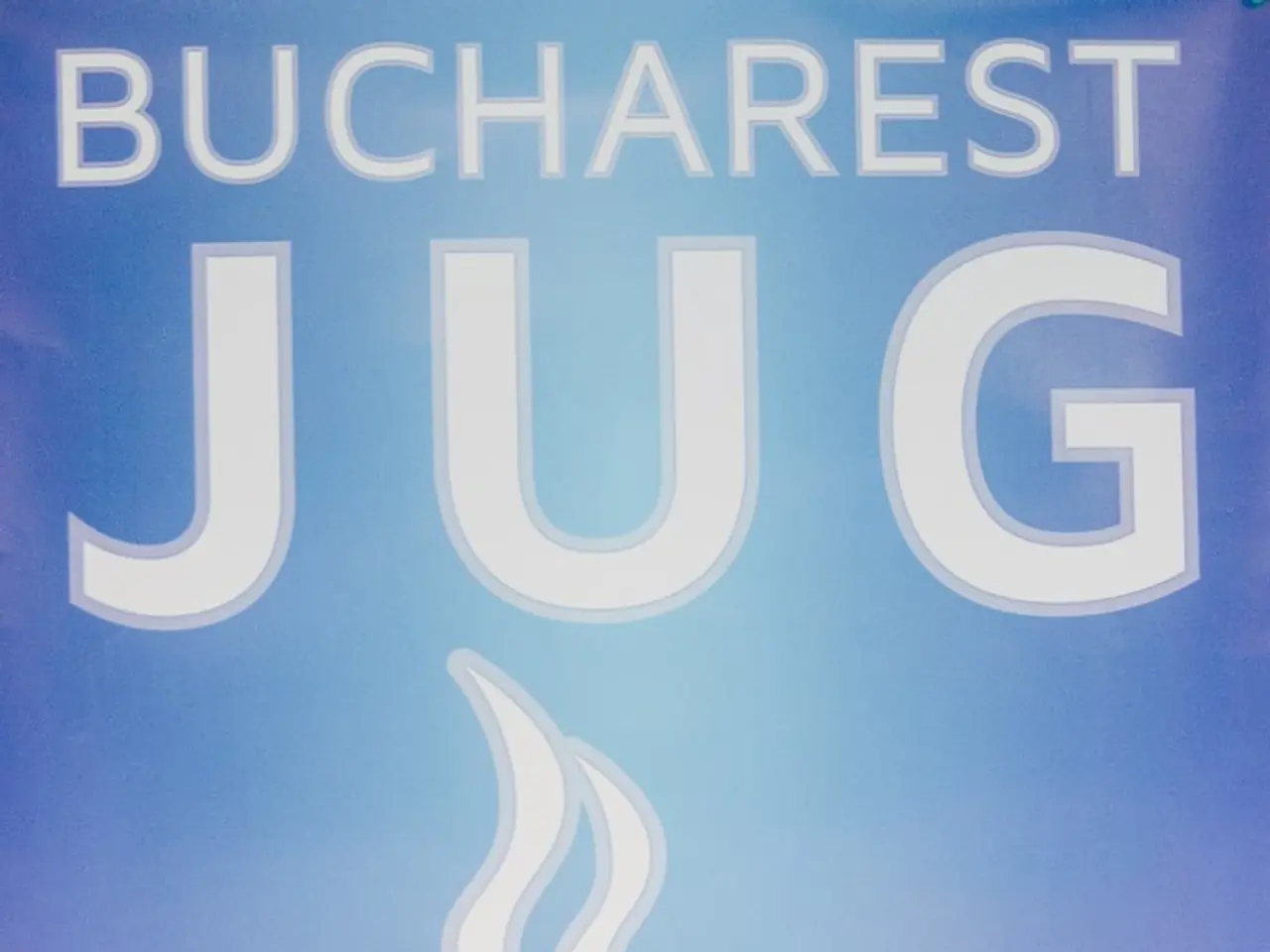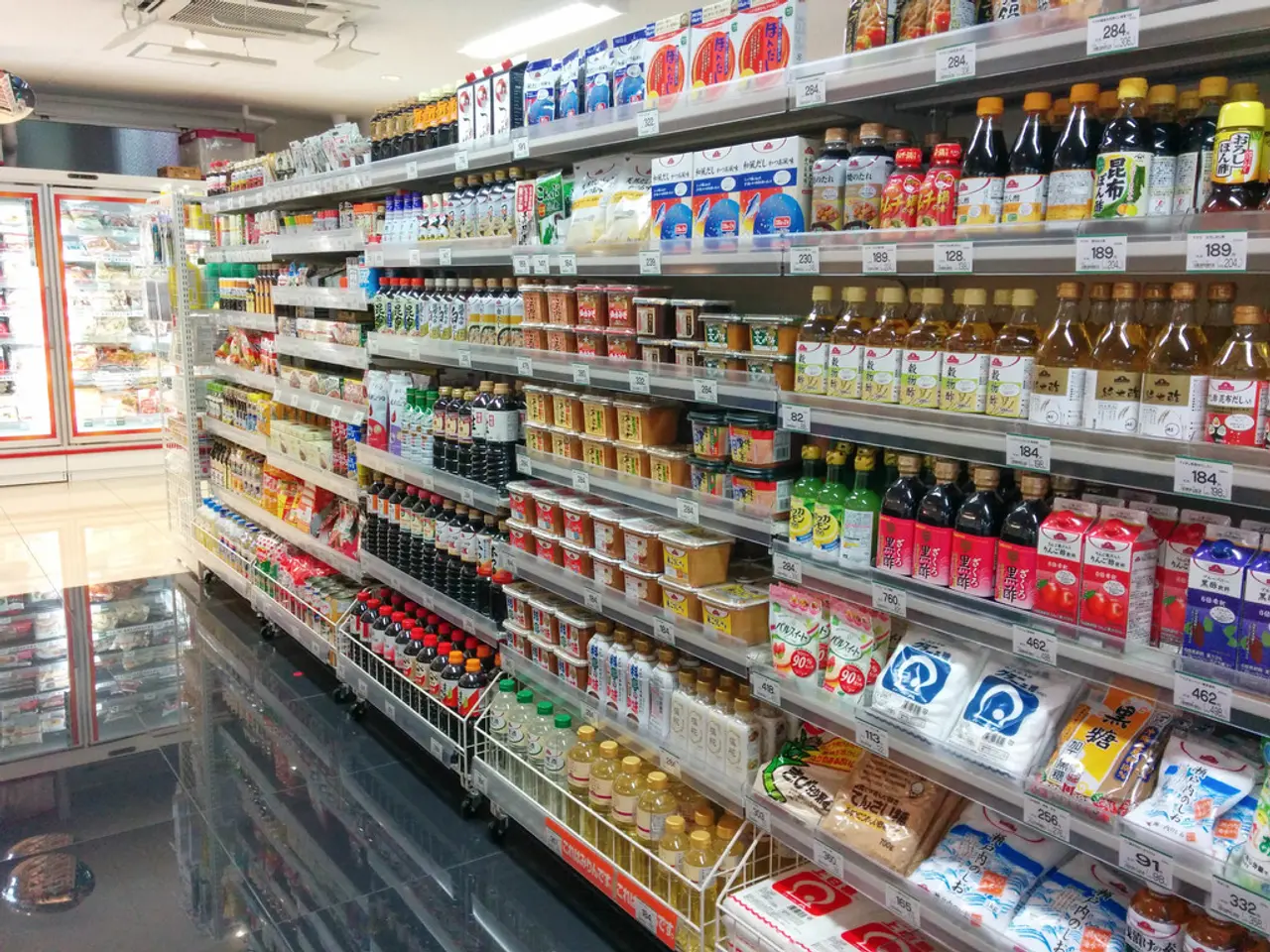New tariffs enforced by the US government aren't set to take effect until August 7, as stated by a government official.
The United States is set to implement a 15% tariff on imports from the European Union, starting on August 7. This decision, along with other tariffs imposed by President Trump, is facing legal scrutiny in US courts.
The tariffs on EU imports, which include items such as aircraft and aluminum, have been justified under Section 232 of the Trade Expansion Act. However, the process and scope of these tariffs have raised legal questions. The concerns revolve around the authority under which these tariffs were imposed and the procedures implemented for imposing and modifying them.
Recent regulations and rules to implement and modify these tariffs are subject to public comment periods and administrative procedures. If these are seen as improperly followed, they can serve as grounds for legal challenges.
The EU has responded to these US tariffs with consultations and potential countermeasures, reflecting ongoing international trade tensions that fuel the legal disputes.
The tariffs on imports from selected countries, including the UK, Switzerland, Japan, and many other trading partners, have been justified by Trump due to high tariffs imposed by these countries or insufficient market access for US imports. A significantly higher tariff rate of 35% has been imposed on Canadian imports, effective August 1.
In late May, an appeals court temporarily lifted the legally imposed blockade of almost all tariffs ordered by a lower court. The invocation of emergency law does not mention the word "tariffs" anywhere, according to one of the appeals court judges.
Trump justifies the higher tariff on Canada due to insufficient efforts to combat drug trafficking. The US government official stated that more time is needed to implement the new rules.
The White House has published a list of almost 70 countries and the EU, for which specific tariff rates will apply. If a country is not listed, a flat tariff rate of 10% will be applied to imports from countries not specified by the White House.
The legal dispute could continue and ultimately end up at the Supreme Court. It could take weeks for a decision in this case, estimates the Washington Post. The decision by the New York court related to almost all tariffs imposed by Trump's government.
Despite these ongoing legal challenges, the new US tariffs on imports from abroad will take effect on August 7, not this Friday. The US and the EU recently concluded an agreement in Scotland, but the exact details about the tariffs were not specified there.
[1] Source [2] Source [3] Source
- The legal challenges against the US tariffs in court are largely centered around questions about the authority under which these tariffs were imposed and the procedures implemented for imposing and modifying them.
- The tariffs on imports from various countries have been justified by the US government for reasons such as high tariffs imposed by these countries, insufficient market access for US imports, and drug trafficking concerns, but their implementation and modification have been subject to public comment periods, administrative procedures, and ongoing legal scrutiny.




